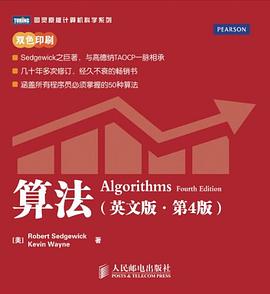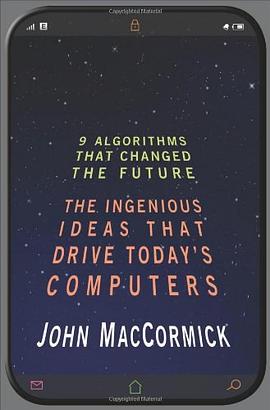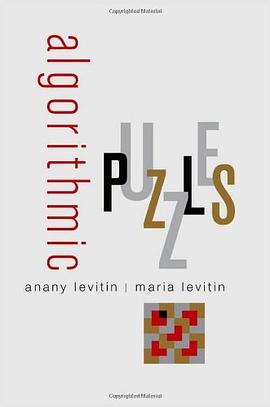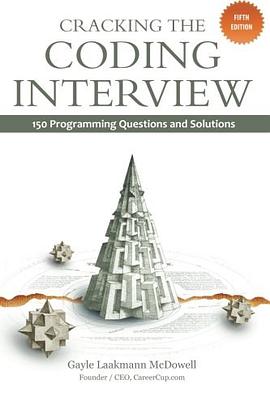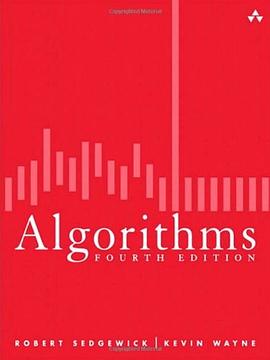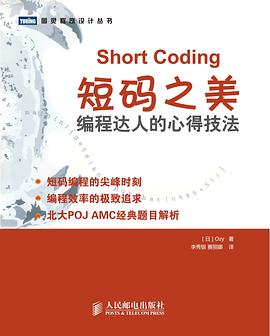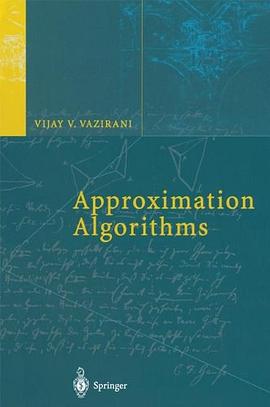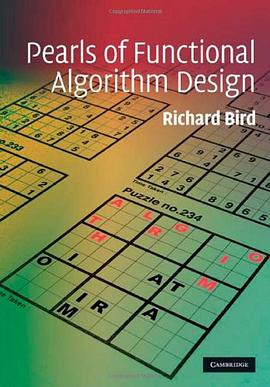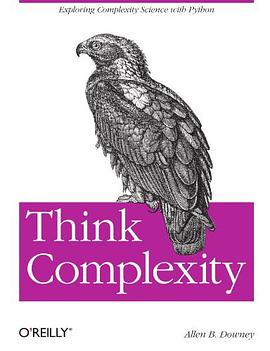

具體描述
Dive into Python's advanced possibilities, including algorithm analysis, graphs, scale-free networks, and cellular automata with this in-depth, hands-on guide. Whether you're an intermediate-level Python programmer, or a student of computational modeling, you'll examine data structures, complexity science, and other fascinating topics through a series of exercises, easy-to-understand explanations, and case studies. Think Complexity presents features that make Python such a simple and powerful language. Author Allen Downey provides code to help you get started, along with a solution for each exercise. With this book, you will: Work with graphs and graph algorithms, NumPy arrays and SciPy methods, basic signal processing and Fast Fourier Transform, and hash tables. Discover complexity science, the field that studies abstract models of complex physical systems, including power laws, fractals and pink noise, and Turing machines. Explore the philosophy of science through the models and results in this book about the nature of scientific laws, theory choice, and realism and instrumentalism, and more.
用戶評價
##《Think Python》引流過來的,是很淺顯的入門書,勝在廣而不勝在深,不過對於現階段的我很有用,一是入門瞭networkx,如果不是為瞭測試代碼我估計都不會去配置這個模塊,後續做瞭不少圖論的實驗,多個工具;二是啓發我結閤pagerank算法研究一個新的課題,現在開瞭個頭。練習沒有完全跟做,另外代碼部分有些錯誤,比較明顯。
評分##書雖然薄,把相關資料都看下來也是不少的時間
評分##如果不是python就好瞭,很薄也很快餐
評分##version2 py代碼很詳實,especially for usage of matplotlib and numpy.
評分##讀瞭第一/二章,感覺還不錯!
評分##如果不是python就好瞭,很薄也很快餐
評分##應該早看之。
評分##啥都帶一點,啥都不難。這種科普我最喜歡瞭。
評分##《Think Python》引流過來的,是很淺顯的入門書,勝在廣而不勝在深,不過對於現階段的我很有用,一是入門瞭networkx,如果不是為瞭測試代碼我估計都不會去配置這個模塊,後續做瞭不少圖論的實驗,多個工具;二是啓發我結閤pagerank算法研究一個新的課題,現在開瞭個頭。練習沒有完全跟做,另外代碼部分有些錯誤,比較明顯。
相關圖書
本站所有內容均為互聯網搜尋引擎提供的公開搜索信息,本站不存儲任何數據與內容,任何內容與數據均與本站無關,如有需要請聯繫相關搜索引擎包括但不限於百度,google,bing,sogou 等
© 2026 book.teaonline.club All Rights Reserved. 圖書大百科 版權所有

